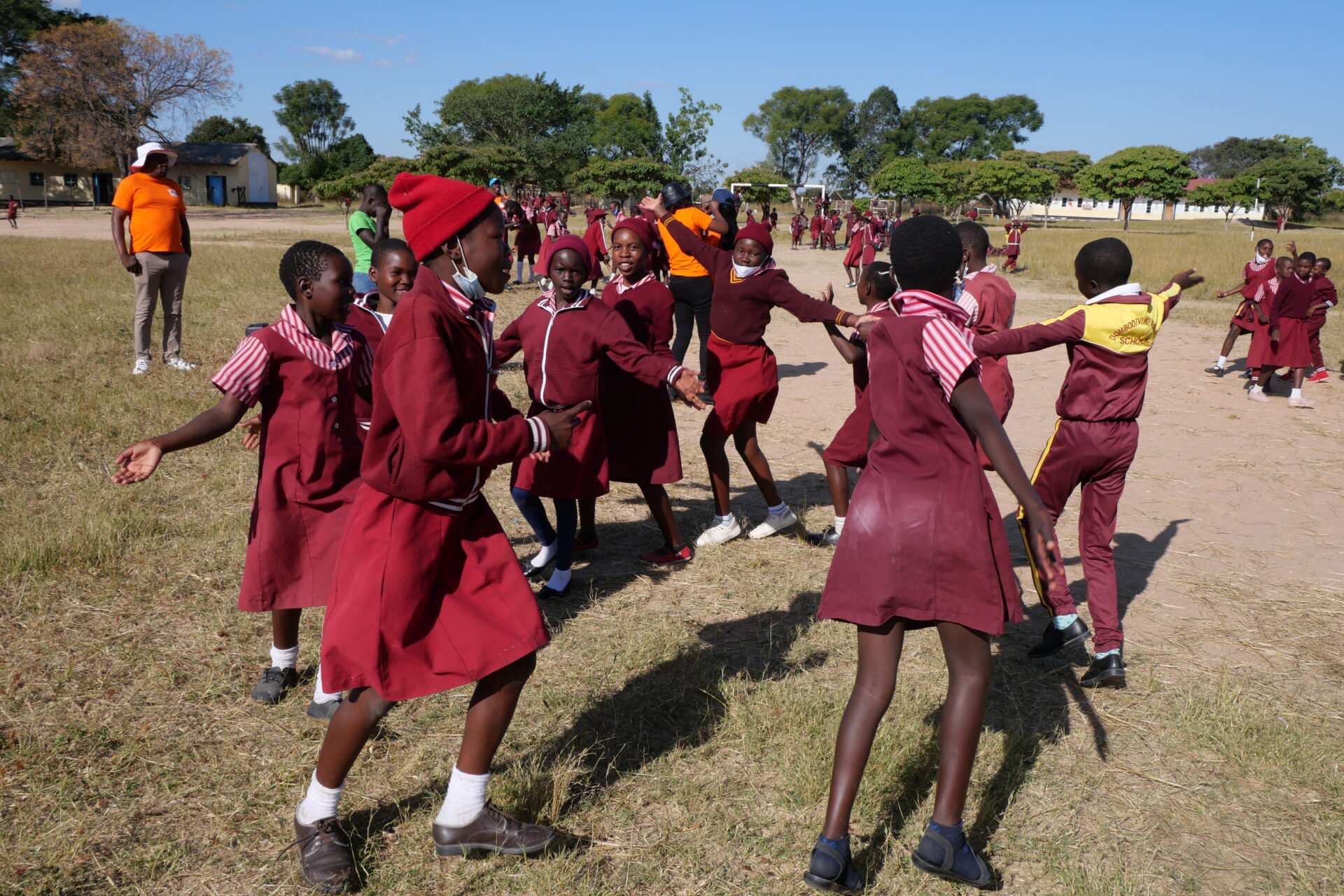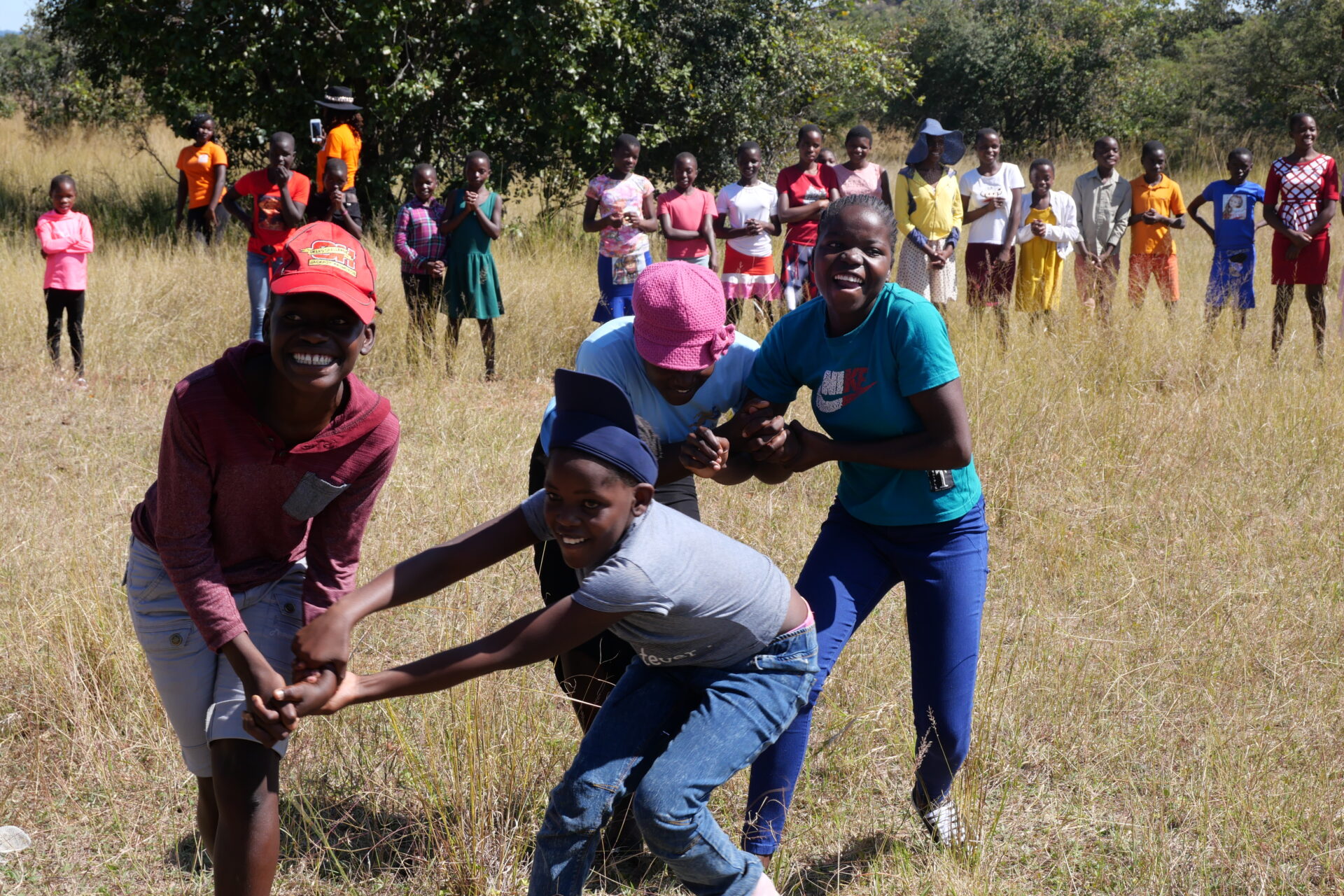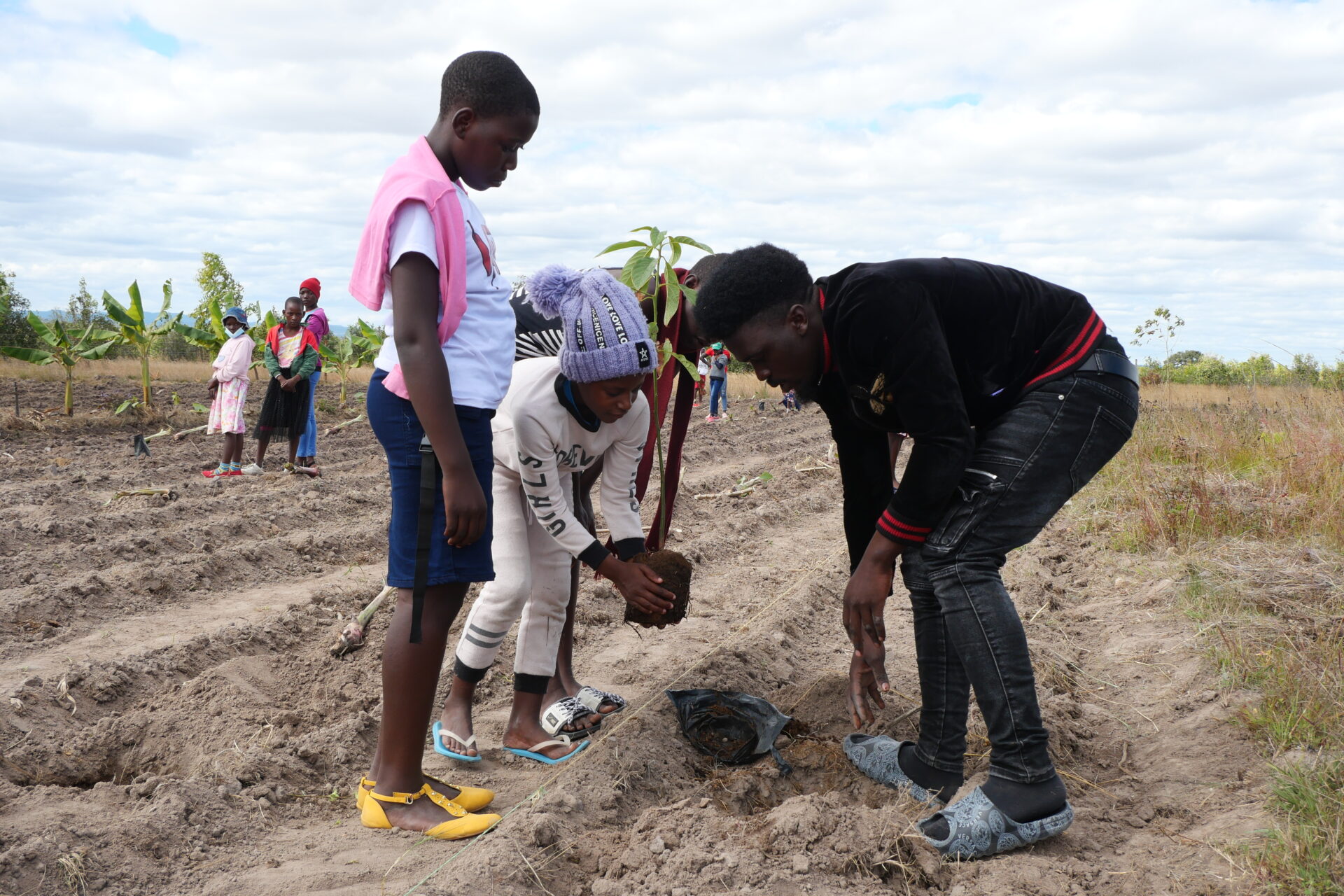Zimbabwe, once known as the breadbasket of Africa, is now one of the poorest countries in the world. Repeated periods of drought and the escalation of the economic-political crisis have led to severe food insecurity in the country. Such crises pose a particular risk to girls of losing their ability to make their own life decisions. Currently, every third girl is married off as a child. One of the main causes of this is poverty. But how can we combat child marriage?
With the Girls Ahead! project, SA4D and its local partner organisation Waruka Trust Academy are working for a sustainable and self-determined future for young women and their families in the Murehwa district in eastern Zimbabwe. Child marriage often has serious psychological consequences for the girls and causes them to drop out of school. In addition, the country has the world’s fifth highest HIV rate, which is also a real danger.
The best prevention against this? Education and an income of their own. This is why SA4D focuses on awareness-raising measures against child marriage and on sexual and reproductive health and rights (SRHR) in schools. In addition, the focus – in cooperation with a technical expert – is on education in the field of sustainable agriculture. The latter contributes to food security and a sustainable income for girls and their families. This provides concrete alternatives to child marriage, which families tend to choose due to poverty.
TOGETHER FOR A SUSTAINABLE, SELF-DETERMINED FUTURE
Through the project, the girls are supported in their psychosocial wellbeing with regular sport and play-based activities, strengthened in their life skills and motivated to stand up for their rights. SA4D is training local staff at the Waruka Trust Academy, who will continue the activities in the long term, even after the end of the project. They act as local multipliers and pass on their knowledge. This strengthens the organisation and therefore also many other girls. Finally, the marketing of agricultural products and the integrated production of organic seeds contribute to the project’s financial sustainability. There is also the possibility of expanding the project into surrounding villages.



